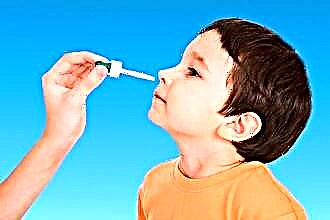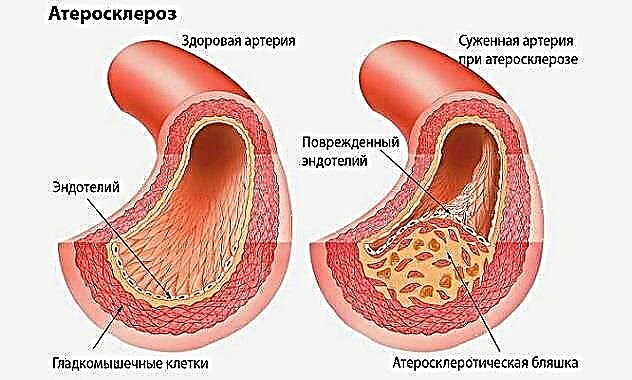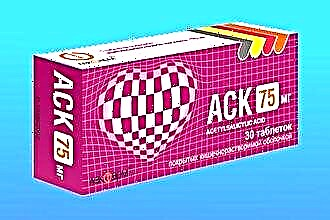One of the most common diseases in childhood is ear inflammation, or otitis media. Most often, this disease is a consequence of improper treatment of the common cold. Also, otitis media can develop against the background of hypothermia. The causes of this disorder are varied. And it is important to know how to treat otitis media in a child in order to prevent the development of severe complications.
For otitis media, the following symptoms are characteristic: increased temperature values, itching, painful sensations, burning sensation in the ear. With purulent otitis media, exudate is released from the ear cavity. Acute otitis media is more severe than chronic otitis media, but the consequences are less dangerous.
Treatment principles

What to do with otitis media in a child? First of all, you should contact a medical institution to carry out the necessary research and make an accurate diagnosis. First aid for otitis media in a child should be provided as early as possible. To eliminate the symptoms of the disease, antipyretic, pain relievers, antihistamines, antibacterial, anti-inflammatory and other agents are used. In severe cases, surgery is performed.
Next, we will take a closer look at the most effective drugs and find out. how much otitis media is treated in children.
Antipyretic and pain relievers
The acute course of otitis media is characterized by hearing loss, tinnitus, severe pain in the ear cavity. In many children, against the background of the disease, appetite decreases, sleep is disturbed, and apathy develops towards everything that happens. How to relieve pain in otitis media in a child? To eliminate painful sensations and normalize temperature indicators, medications based on ibuprofen, paracetamol, analgin are used - "Panadol", "Ibufen", "Analdim", "Paracetamol". For the treatment of children over 12 years old, you can use "Aspirin".
The dosage of the medicinal product is determined only taking into account the age and weight of the child.
Antibacterial drugs
How to treat otitis media in children? Until recently, most specialists prescribed antibacterial drugs when the first symptoms of ear inflammation appeared. However, these medicines can have a negative effect on the body. Today, many doctors use a wait-and-see approach and only use antibiotics if other drugs do not work as expected.
Antibiotics are prescribed for a child under 2 years of age and at high body temperature (40 ° C).
If there is a need to use antibiotics, then most often medications containing amoxicillin are prescribed - Flemoxin, Augmentin, Amoxiclav. These medicines have an effective therapeutic effect and have minimal side effects. In the absence of the desired result from taking the above drugs, cephalosporins can be used - Ceftriaxone, Suprax, Cefatoxime. In more rare cases, antibiotics such as Sumamed, Clarithromycin are prescribed. The treatment course can last several days or several weeks.
Antiviral drugs
Sometimes inflammation in the ear cavity is triggered by exposure to viruses, in which case antibacterial drugs will not help cure the disease. How to treat otitis media in a child in this situation? Antiviral agents will help to cope with the pathological process. Medicines of this drug group activate the body's defenses, therefore they can also be used for otitis media of bacterial origin.
The most effective drugs containing interferon and its inducers - Anaferon, Ergoferon, Viferon, Cycloferon. Also in childhood, drugs such as Isoprinosine and Likopid can be used. The most optimal medicine and its dosage are determined by a specialist on an individual basis.
Antihistamines
How to treat ear inflammation in a child in addition to the above drugs? With otitis media, antihistamines are also prescribed, since often the inflammatory process develops due to edema of the Eustachian tube. In this case, there is no ventilation of the ear canal, pathogenic microorganisms accumulate in the ear cavity, which leads to inflammation.
Antihistamines will help eliminate swelling. However, it should be borne in mind that not all drugs of this drug group are suitable for children 1 year of age. For children, drugs such as Zyrtec, Tavegil, Zodak are most often used.
It should be borne in mind that antihistamines are only one of the elements of the treatment of the disease. These drugs cannot cope with inflammation in the ear cavity on their own.
Medicines for the nose
Treatment of otitis media in children necessarily includes the use of nasal drops or sprays. Very often, inflammation in the ear cavity is accompanied by a runny nose. If rhinitis is left unattended, pathogens will invade the ear cavity and prevent healing. For the treatment of rhinitis, vasoconstrictor and antimicrobial agents are used. In many cases, experts prescribe medications based on xylometazaline - Otrivin, Nasolin, Snoop. In a severe course of the pathological process, corticosteroid drugs are used - Avamis, Nasonex. These medicines should not be used for a long period of time, otherwise atrophic rhinitis may develop.
The most effective antimicrobial agents include Polidexa, Isofra, Dioxidin.
It is important to know that rinsing the nasal cavity in case of ear inflammation is categorically contraindicated.
Surgical intervention
How to treat otitis media in children if the use of drugs does not bring the desired effect? If the child's condition worsens, a myringotomy is performed. During the operation, a puncture of the tympanic membrane is performed, and the accumulated purulent mass comes out.
In order to identify sensitivity to antibacterial drugs, the resulting material is sent for research. In accordance with the results obtained, the doctor will select the most optimal drug.
Chronization of the disease
What to do with frequent otitis media in a child? The risk of re-development of inflammation in the ear cavity is very high, especially if the acute form of the disease is not properly treated. If the violation occurs at least 3-4 times a year, they talk about chronic otitis media. To prevent the development of a pathological process, it is necessary to adhere to the following recommendations:
- to carry out hygiene procedures correctly - earwax performs a protective function and prevents the penetration of pathogenic microflora into the ear cavity. Therefore, you should carefully clean the ear canal from its excess, but do not poke around in the ear every day.
- Infants should be kept upright after each feed to avoid milk leaking into the ear cavity.
- strengthen the body's defenses - balanced nutrition, hardening procedures, daily walks in the fresh air, moderate physical activity.
What to do with persistent otitis media in a child? A specialist can perform tympanostomy - a small tube is inserted into the eardrum, thanks to which the fluid will come out and the inflammatory process will not develop.
Active implementation of therapeutic measures in the acute phase of the disease will help get rid of otitis media in 7-14 days (depending on the severity of the pathological process, the activity of the immune system, the aggressiveness of the infection).Full hearing recovery occurs in 3-4 weeks.




